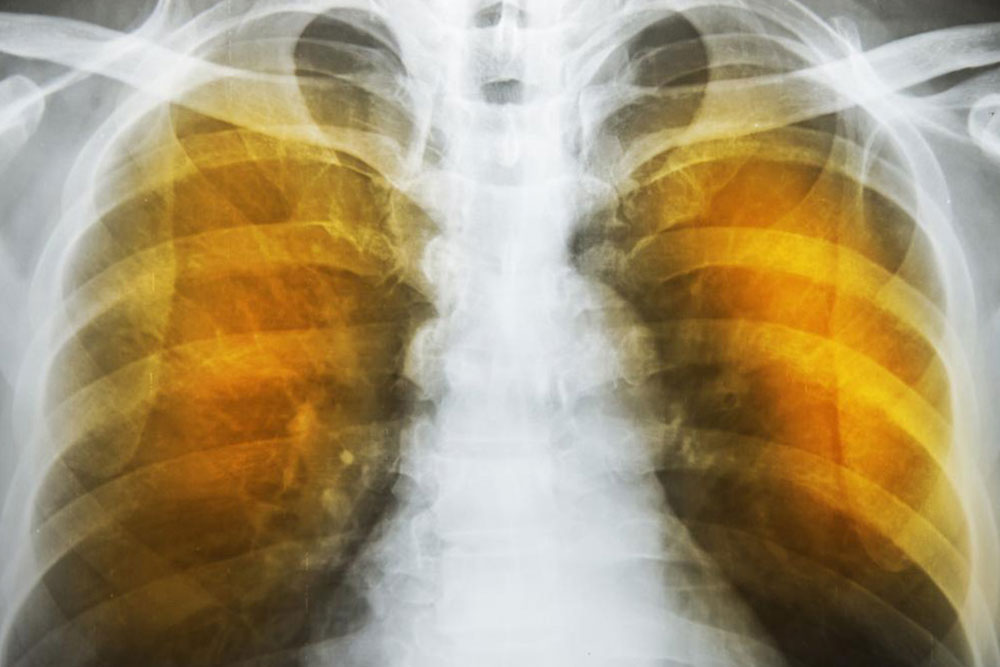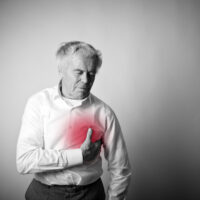Emphysema symptoms: What you ought to know
Emphysema is caused by continuous exposure of the bronchioles to irritants such as cigarette smoke, passive smoke, industrial solvent fumes etc. This makes the muscles of the bronchioles contract. Chronic exposure to irritants make these muscles contract permanently. Then, the mucus membrane lining the bronchioles start secreting mucus in order to wash away particulate irritants.

The next reaction is to cough out the irritants and the mucus. Severe forceful coughs can raise the pressure in the alveoli considerably and can rupture their exceedingly thin walls. The reduction of area for gas transfer and the loss of elastic tissues in the lungs reduces the capacity of the lungs to expel air. This reduces the intake volume of fresh air during breathing and can also lead to infections. These conditions produce the characteristic symptoms of wheezing, tightness in chest, labored breathing and coughing. These are also indications as well as symptoms of severe asthma.
The symptoms of emphysema are exceedingly severe and cause considerable damage to the lungs before the symptoms even show up. Generally, one feels a lack of energy and the tendency to skip some of the common daily routines. It progresses from slight difficulty in breathing to wheezing and then to a persistent cough that does not go away. One starts to feel a tightness in the chest and feels short of breath on exertion. Tiredness and persistent cough become constant.
Infections can set in, turning the sputum yellow, which also leads to loss of appetite, further aggravating tiredness. One will lose sleep and even sexual function. All this constant suffering and ill health lead to depression which would in turn lead to the patient needing psychiatric help. The lips and fingernails turn blue or gray due to lack of oxygen in the blood. One may get into a condition called hypoxia and may have to resort to oxygen therapy.
As the deterioration continues, the alveoli lose their strength and start rupturing. In extreme cases, there may be large scale destruction which leads to empty spaces in lungs called bullae. This would reduce the functional area of the lung which in extreme cases call for surgical removal. In an extremely rare condition, large scale rupture of alveoli can cause a condition called pneumothorax and the collapse of the lung, a very serious condition, which can be fatal. The best thing one can do is stop exposure to irritants.











